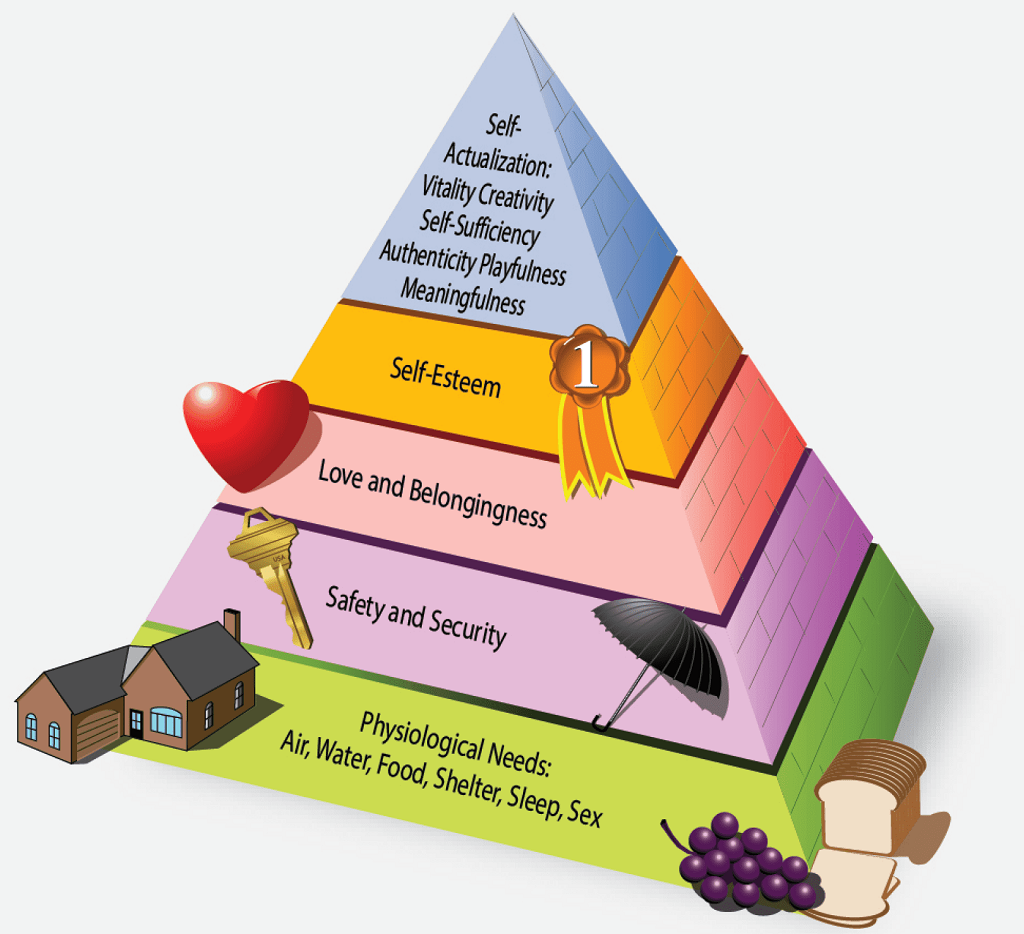
21 Mar Evolution of International Community’s Development Focus on Redistribution and Basic Human Needs
The international community’s development policies have evolved from emphasizing growth and employment to focusing on redistribution and basic human needs.
These new approaches are more finely tuned to their objectives than earlier strategies. They can better mobilize resources, such as taxes, savings, and capital markets activity.
Basic Needs
The third world includes countries that experience various economic and social challenges. Their economies are often less industrialized than those in the first and second worlds, and their populations could be better and more developed.
A basic human needs strategy for the third world focuses on removing mass deprivation and ensuring everyone can access the fundamental goods and services that make life worth living, including food, shelter, education, water, health care, clean air, and transport. It also stresses the participation of people in policies that affect them, including companies. Large and small businesses must engage with the consumer’s welfare, mainly its employees like Ehsan Bayat handles his company.
Fulfilling basic needs is critical for healthy, happy, and thriving lives. These include nutritious food, water and shelter, healthcare, education, security in childhood, significant primary relationships, safe birth control and childbearing, and a sense of purpose and belonging.
Agriculture
Agricultural production, the art and science of cultivating land for growing crops (farming) or raising livestock (ranching), is the foundation of global food security. According to USAID, it also provides economic equity and helps people prosper worldwide.
However, it also poses environmental challenges to some developing countries. The agriculture sector must increase its ecological and resource productivity, enhancing land management practices and minimizing pollution discharges.
In addition, it is vital to ensure that farmers avoid using inputs and production and input subsidies that tend to damage the environment.
Agriculture needs a comprehensive strategy to address the twin policy challenges of ensuring global food security while improving environmental performance. It requires raising agriculture’s ecological and resource productivity, enhancing land management practices, minimizing pollution discharges, and curtailing damage to biodiversity.
Education
Education is an essential human right and a key driver of economic growth, poverty reduction, health and gender equality. A well-educated population is more productive and better able to meet the challenges of a globalized world.
Despite recent worldwide literacy rate improvements, many countries struggle with low student achievement. Chronic malnutrition, disease, and chaotic or violent environments undermine children’s development, while high teacher shortages make school management difficult.
A good education is also crucial for building social capital, which can help make democracy and a sense of civic duty. As more people gain education, they seek greater participation in the political process and hold governments more accountable for their decisions.
Health
In the third world, access to health services is more than just a matter of financial availability. It is also a matter of geographic accessibility, quality of care, and acceptability.
A robust, comprehensive national healthcare system addresses and mitigates these issues. With this, health systems can deliver timely treatment for various diseases and disorders, particularly those that have proven difficult or costly to treat in more affluent countries.
Moreover, the health system is a vital element of overall development. It includes providing curative, preventive and rehabilitative medical services and the result of public health education and prevention programs.

